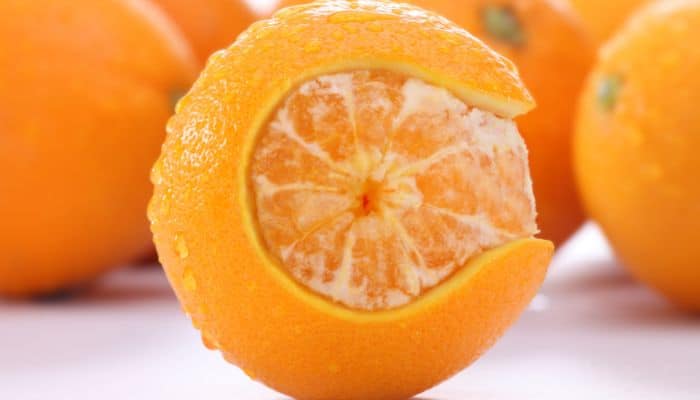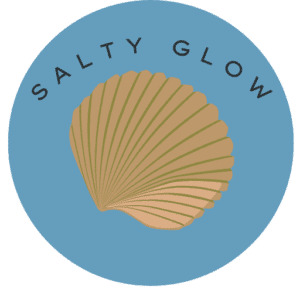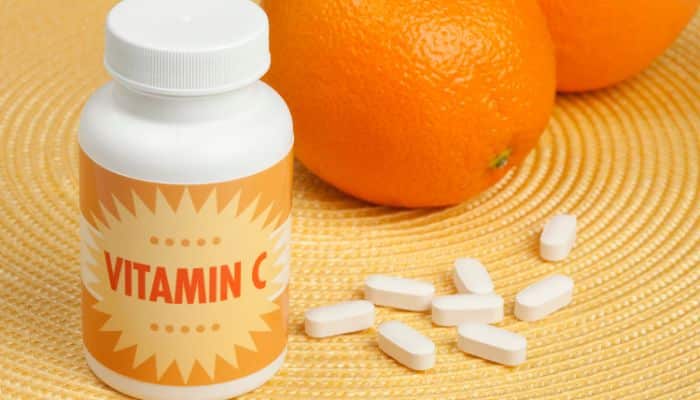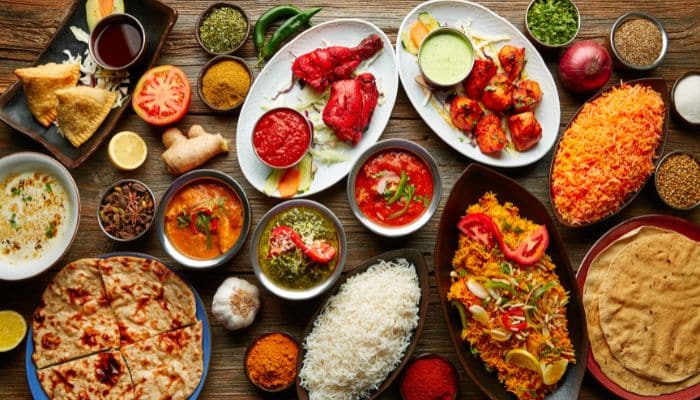Need more evidence that a diet rich in fruits and vegetables is good for your health? Consider this: A study published in the Annals of Nutrition and Metabolism revealed that when one diet contains high amounts of produce, the other components can work together to provide added benefits. Vitamin C is an essential nutrient that supports the immune system, maintains skin and mucous membranes, keeps muscles and blood vessels strong, and plays a role in DNA synthesis.
It also helps protect against infections by boosting immunity. Except as discussed below, you can get adequate amounts of vitamin C from natural sources such as red fruits and green leafy veggies. However, if you want to optimize your intake of this essential vitamin, you should incorporate additional sources into your diet. These additional sources include orange-colored fruits like oranges, grapefruits, tangerines, clementines, strawberries, kiwifruits, papayas and mangoes; yellow-colored fruits like apricots; black or purple-colored fruits like blackberries; or green-colored fruits like broccoli and kale.
What Are the Best Sources of Vitamin C?
Healthy foods rich in vitamin C include citrus fruits, broccoli, kiwifruit, strawberries, guavas, blackberries and oranges. These foods may also be a good source for vitamin K. You can also consume vitamin C-rich foods that are not of the citrus variety. Vitamin C-rich foods include tomatoes, peppers, avocados, mangoes, cantaloupes, sweet peppers, strawberries and dark green leafy vegetables.
What Are the RDA for Vitamin C?
The recommended daily intake of vitamin C is 90 milligrams for women and 95 milligrams for men. As with any nutrient, the amount you consume depends on your age, health status, and other factors. Ideally, you should eat foods rich in vitamin C regularly. The National Institutes of Health suggest that you get 50 percent of your daily vitamin C needs from consumed foods and beverages and the remaining 50 percent from supplements. It’s also important to note that the recommended daily intake of vitamin C is different for everyone. For example, while elderly people may need less vitamin C, people who are active may see benefit from taking more.
Include Other Fruits and Veggies in Your Diet to Boost Your Vitamin C Intake
Healthy sources of vitamin C include citrus fruits, broccoli, kiwifruit, strawberries, guavas, blackberries and oranges. These foods may also be a good source for vitamin K. You can also consume vitamin C-rich foods that are not of the citrus variety. Vitamin C-rich foods include tomatoes, peppers, avocados, mangoes, cantaloupes, sweet peppers, strawberries and dark green leafy vegetables. Healthy sources of vitamin C include broccoli, oranges, kiwifruit, strawberries, guavas, blackberries, papayas and mangoes. They are also a good source for vitamin K.

Eat Dark Green Leafy Vegetables to Increase your Vitamin C Intake
Dark green leafy vegetables, such as collard greens, turnip greens, lettuce and spinach, are great sources of vitamin C. Dark green vegetables are rich in chlorophyll, which makes them especially alkaline-forming. You might be surprised to learn that the greens in your salad aren’t the only vegetables in it. In fact, almost all vegetables contain some form of vitamin C.
A serving of most vegetables, including greens, contains about 20 milligrams of vitamin C. That amount is low compared to the 90 milligrams recommended for women and 95 milligrams for men. You can boost your vegetable intake by eating a variety of vegetables daily. Dark green leafy vegetables, such as collard greens, turnip greens, lettuce and spinach, are great sources of vitamin C. Dark green vegetables are rich in chlorophyll, which makes them especially alkaline-forming.
Choose High-Quality Fats and Supplements for Optimal Vitamin C Intake
The best sources of vitamin C are foods like bell peppers and citrus fruits, which are naturally high in the nutrient. Other than that, supplements and dietary supplements may be an option for those who are interested in getting more vitamin C. Many experts suggest that you get most of your daily vitamin C from natural foods, but if you’re looking for an extra boost, you might consider taking a supplement.
While vitamin C supplements are almost always synthetic, there’s some evidence that natural sources and foods are better than supplements for boosting immunity and preventing colds and other illnesses. You could also consume foods, such as bell peppers, citrus fruits and tomatoes, that are naturally high in vitamin C. You could also consume vitamin C-rich nutritional supplements.
Don’t Forget to Include Good Sources of B Vitamins in Your Diet
The B vitamins are a group of nutrients that play a role in many aspects of metabolism, including energy metabolism, carbohydrate metabolism and protein metabolism. Vitamin B6, niacin, folic acid and vitamin C are all part of the B group of vitamins. While it may seem like all you need to get the most out of your diet is a diet rich in fruits and vegetables, you’ll also want to include high-quality fats and oils, spices, meat and fish, whole grains and nuts, as well as plenty of fiber and water.
A diet that incorporates all of these good sources of vitamins, minerals and macronutrients will help fill you up and give you the energy you need to get through your day. You’ll also get essential health benefits, including better gut health, stronger immunity and better skin.
Summary
Vitamin C is an essential nutrient that supports the immune system, maintains skin and mucous membranes, keeps muscles and blood vessels strong, and plays a role in DNA synthesis.
You can get adequate amounts of vitamin C from natural sources such as red fruits and green leafy veggies, but if you want to optimize your intake, you should incorporate additional sources into your diet, including orange-colored fruits like oranges, grapefruits, tangerines, clementines, strawberries, kiwifruits, papayas and mangoes; yellow-colored fruits like apricots; black or purple-colored fruits like blackberries; or green-colored fruits like broccoli and kale. Healthy foods rich in vitamin C include citrus fruits, broccoli, kiwifruit, strawberries, guavas, blackberries and oranges.
These foods may also be a good source for vitamin K. You can also consume vitamin C-rich foods that are not of the citrus variety. Vitamin C-rich foods include tomatoes, peppers, avocados, mangoes, cantaloupes, sweet peppers, strawberries and dark green leafy vegetables. Dark green leafy vegetables, such as collard greens, turnip greens, lettuce and spinach, are great sources of vitamin C. Dark green vegetables are rich in chlorophyll, which makes them especially alkaline-forming. You could also consume vitamin C-rich nutritional supplements.
FAQS
What are some of the best sources of vitamin C?
Some of the best sources of vitamin C are citrus fruits like oranges and grapefruits, broccoli, kiwifruit, strawberries, guavas, blackberries, papayas, mangoes, tomatoes, peppers, avocados, cantaloupes, and dark green leafy vegetables.
What is the recommended daily intake of vitamin C?
The recommended daily intake of vitamin C is 90 milligrams for women and 95 milligrams for men. The amount of vitamin C you should consume depends on your age, health status, and other factors.
How can I boost my vitamin C intake?
You can boost your vitamin C intake by including a variety of fruits and vegetables in your diet, such as citrus fruits, broccoli, kiwifruit, strawberries, guavas, blackberries, papayas, mangoes, tomatoes, peppers, avocados, cantaloupes, and dark green leafy vegetables. Additionally, taking vitamin C supplements may also help.
What are some dark green leafy vegetables that are rich in vitamin C?
Dark green leafy vegetables such as collard greens, turnip greens, lettuce, and spinach are rich in vitamin C. These vegetables are also rich in chlorophyll, which makes them especially alkaline-forming.




